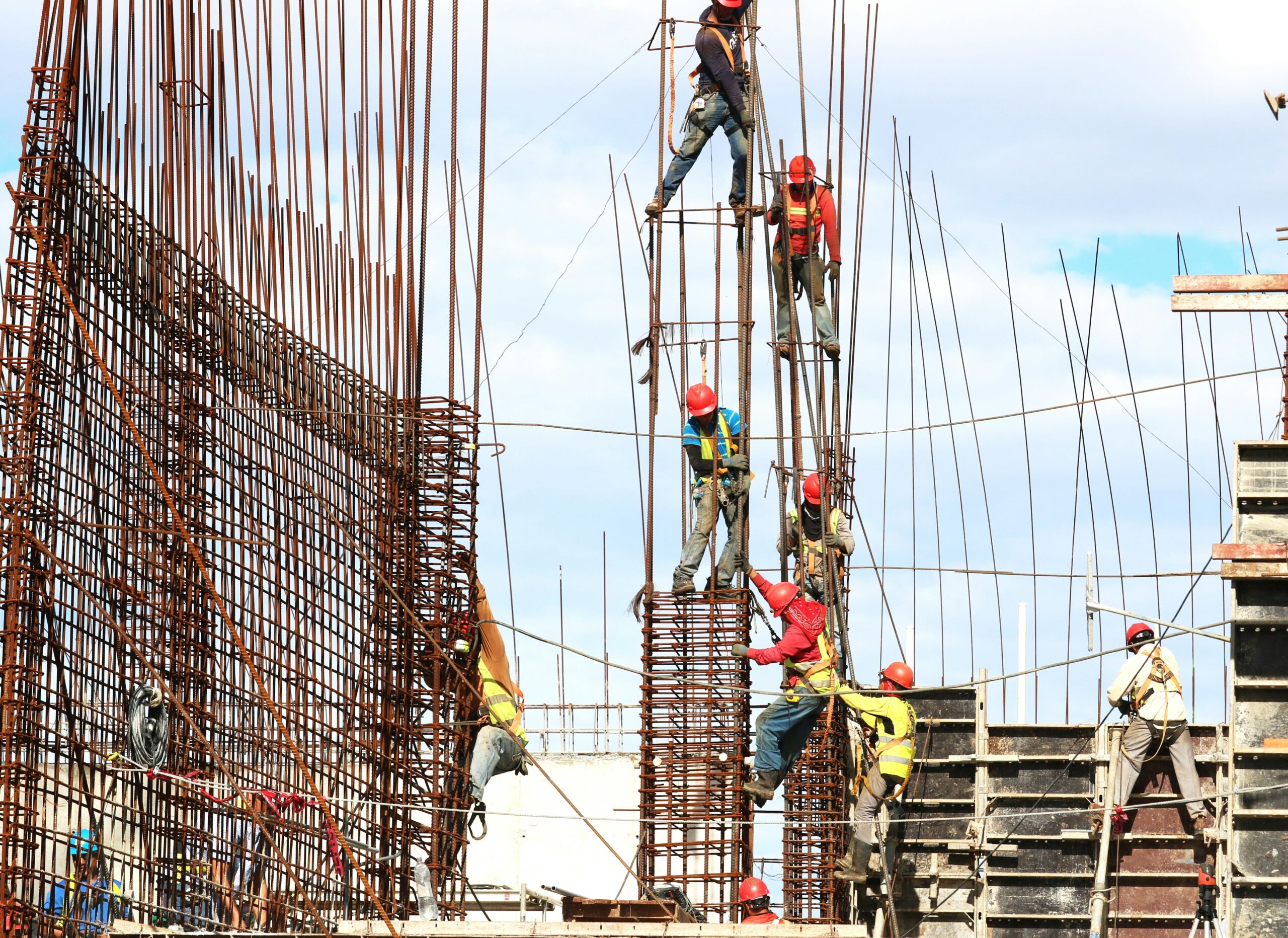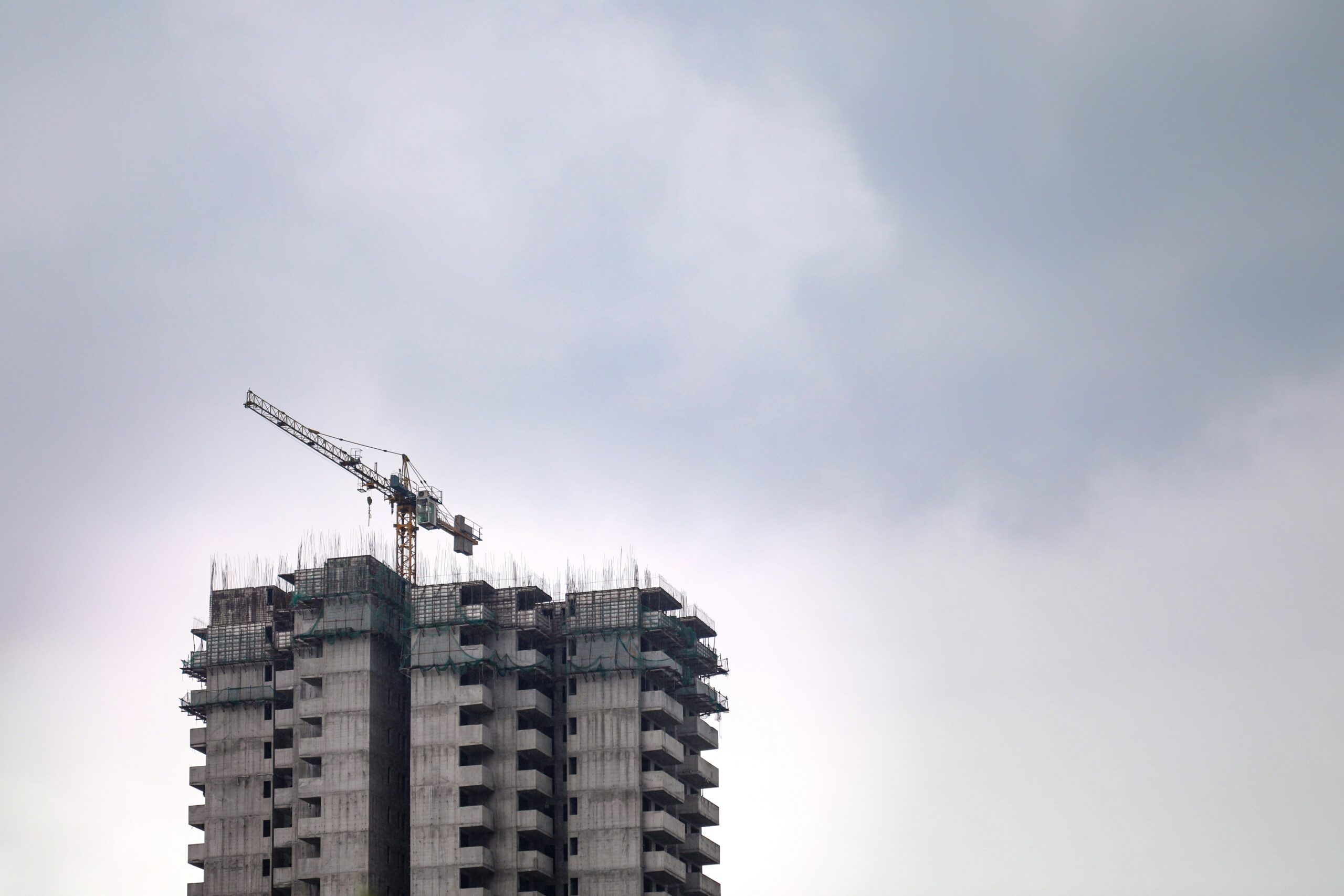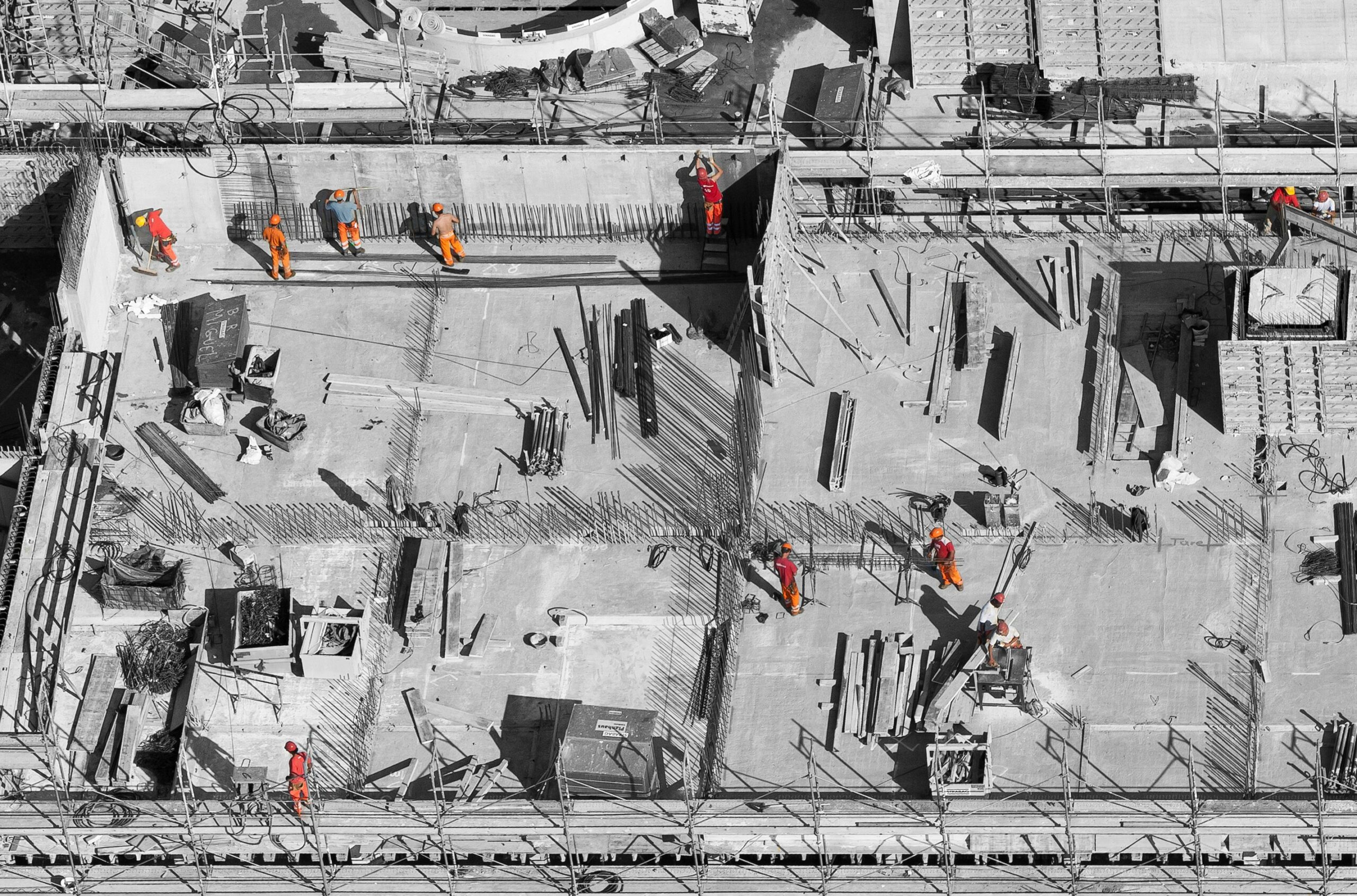
Commercial construction projects often entail complexities and challenges that can disrupt timelines, inflate budgets, and impact overall quality. Awareness of these common challenges—and strategies to address them proactively—are crucial for project success.
Budget overruns represent one of the most prevalent challenges in commercial construction. Inaccurate estimating, scope changes, unexpected site conditions, and fluctuating material costs are common culprits. Addressing this challenge requires a comprehensive and realistic budget from the outset, combined with regular monitoring and prompt adjustment of financial plans. Regular communication about budgetary status ensures transparency and enables quick decisions if corrective action is needed.
Scheduling delays also plague commercial projects, often resulting from inadequate planning, weather conditions, labor shortages, or delays in material deliveries. To mitigate delays, project schedules should incorporate contingency time and be consistently monitored. Leveraging technology such as scheduling software and project management platforms helps identify potential issues early and supports informed, proactive decision-making.
Communication breakdowns frequently lead to misunderstandings, rework, and project delays. Clear communication channels and regular stakeholder updates foster transparency and cooperation. Project managers should prioritize frequent meetings, detailed reporting, and a clear chain of command to ensure that information flows efficiently among architects, contractors, and clients.
Regulatory compliance presents another common challenge in commercial construction. Building codes, zoning laws, environmental regulations, and permits can significantly delay projects if not managed proactively. Engaging with local authorities early, consulting regulatory experts, and thoroughly understanding compliance requirements can substantially reduce the risk of costly setbacks.
Finally, quality control issues can undermine a project’s long-term success, safety, and functionality. Poor workmanship, substandard materials, or inadequate supervision often result in expensive and time-consuming corrections. Implementing rigorous quality control practices—including regular inspections, hiring qualified professionals, and fostering a culture of accountability—helps ensure project excellence from start to finish.
By anticipating these challenges and addressing them proactively, project managers and stakeholders can maintain better control over timelines, budgets, and outcomes, ensuring commercial construction projects are delivered successfully and efficiently.
















